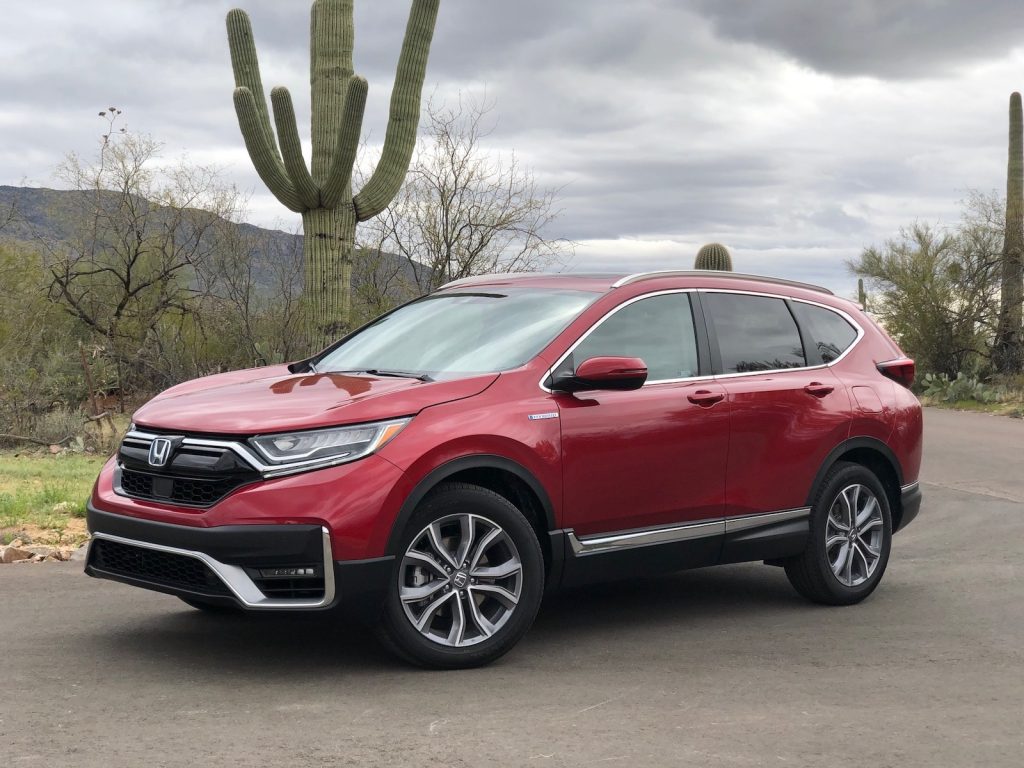General Motors and Honda are expanding existing ties, teaming up to develop new battery-electric vehicles the Japanese automaker plans to add to its line-up for the 2024 model-year.
Honda will bring two new all-electric models to market, it announced late Thursday, both of them using GM’s new Ultium batteries and based on the Detroit automaker’s third-generation electric-vehicle platform. GM plans to have 20 of its own all-electric models in production by 2023, most of them based on the flexible Gen-3 architecture.
“This collaboration will put together the strength of both companies, while combined scale and manufacturing efficiencies will ultimately provide greater value to customers,” said Rick Schostek, executive vice president of American Honda Motor Co.
The two manufacturers expect the project to “unlock economies of scale,” Schostek added, something that will be critical in the emerging battery-electric vehicle market. Currently, BEVs are significantly more expensive than comparable, gas-powered vehicles, though GM President Mark Reuss recently said the goal is reach price parity with the new line of EVs it’s developing. Improving production volumes will be essential to achieving that goal, he told TheDetroitBureau.com at an early March event.
(One of the current GM/Honda partnerships focuses on driverless vehicles like the Cruise Origin.)
GM used that media gathering to show off about half of the all-electric products it is working on, including the battery-powered Hummer that will be the first to come to market next year, as well as the Cadillac Lyriq SUV that will follow soon afterwards. Most of the BEVs GM is working on will be crossovers, SUVs or other light trucks, and one source TheDetroitBureau.com spoke to suggested that Honda is likely to follow the same route with the all-electric models it will launch for the 2024 model-year. Neither manufacturer would comment, however.
The announcement of the new deal marks the fourth significant relationship GM and Honda have entered into. That began with a joint venture focused on fuel-cell technology announced in January 2017. The following year, Honda said it would work with GM on the Detroit automaker’s battery module development program. They also have teamed up on self-driving vehicle technology, jointly working on the development of the Cruise Origin, the driverless concept vehicle that was unveiled earlier this year at Cruise headquarters in San Francisco. Honda has joined GM as one of the largest Cruise investors.
“This agreement builds on our proven relationship with Honda,” said Doug Parks, GM executive vice president of Global Product Development, Purchasing and Supply Chain. “”Importantly, it is another step on our journey to an all-electric future and delivering a profitable EV business through increased scale and capacity utilization.”
(GM reveals array of upcoming EVs. Click Here to check them out.)

Honda is focusing on hybrids for most of its electrification efforts but appears to be looking for ways to add more BEVs, as well.
In the EV world, collaboration has become the name of the game, in some case bringing together traditional archrivals. Ford and Volkswagen, for example, are pairing up on the development of some upcoming battery-cars. For its part, GM also has teamed up with South Korea’s LG Chem, the partners setting up a massive new plant in Lordstown, Ohio to produce the Ultium lithium-ion batteries.
While details on the EV models Honda plans to bring to market are scarce, the new platform GM is developing will offer a range of options. It will be capable of supporting a variety of different types of products using front, rear or all-wheel-drive, with up to 1,000 horsepower and range of as much as 400 miles per charge.
GM CEO Mary Barra has repeatedly stressed that GM is on “a path to an all-electric future,” though she hasn’t laid out a specific timetable for phasing out the conventional internal combustion engine.
(First drive review: 2020 Honda CR-V Hybrid.)
For its part, Honda’ global CEO Takahiro Hatchigo has said the automaker wants to have two-thirds of its sales come from electrified vehicles by 2030. Unlike GM, that will include a mix of hybrids, plug-ins and all-electric models, however.
Looking forward, the two companies appear to be considering other options. Indeed, said Honda EVP Shostek, “We are in discussions with one another regarding the possibility of further extending our partnership.” What other options they are considering was not revealed.


